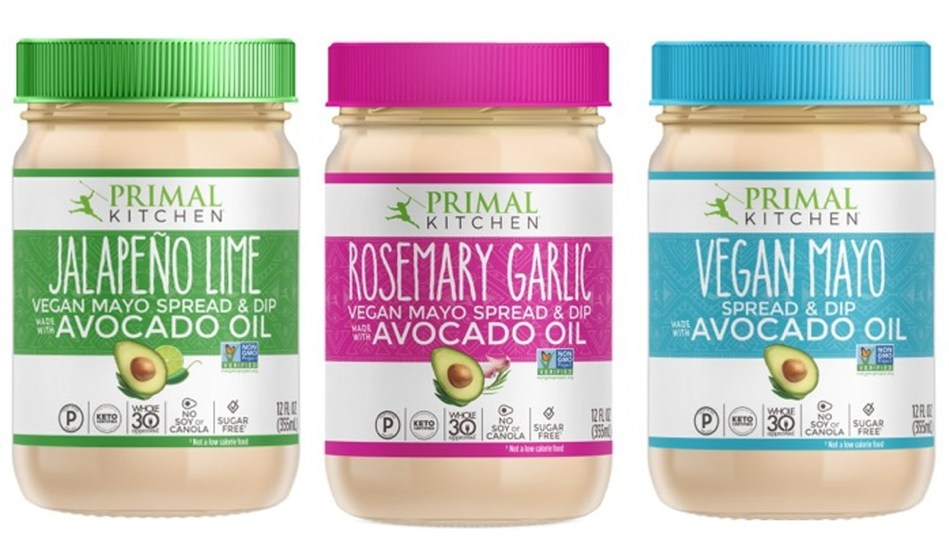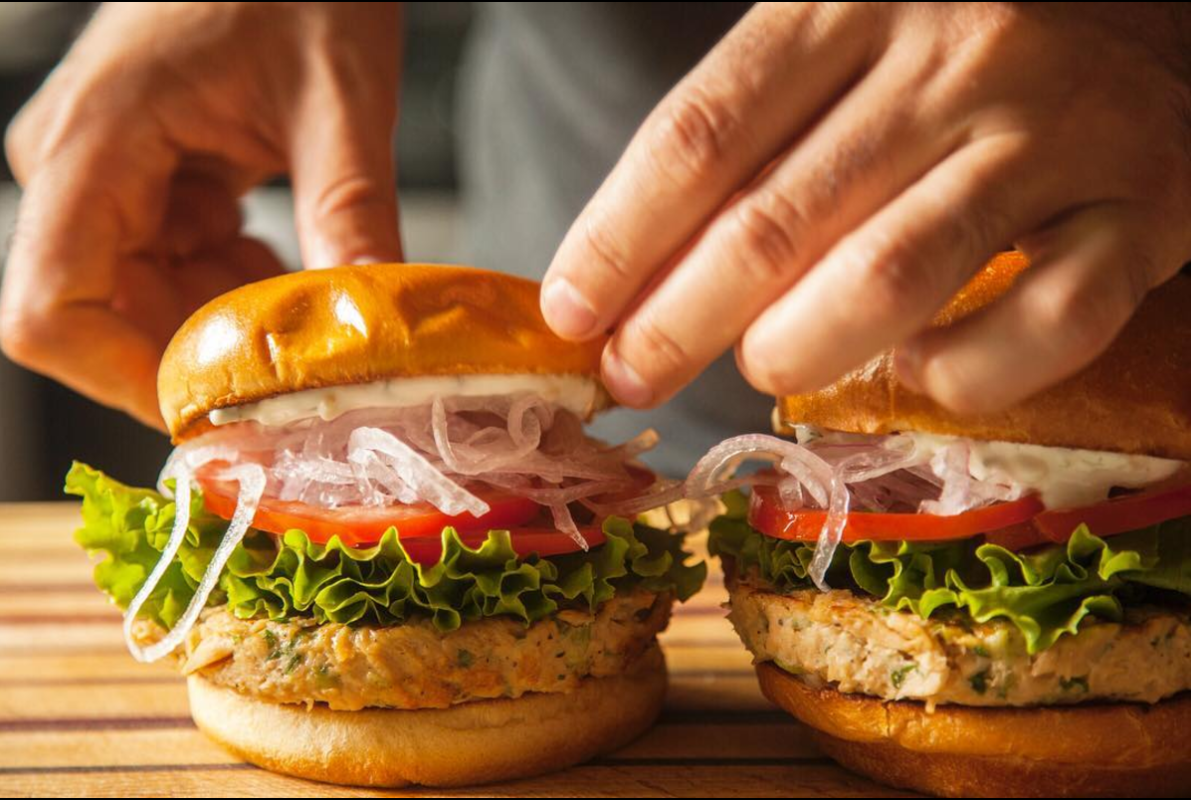Nestlé has announced the launch of a plant-based alternative to one of the most popular types of seafood: tuna. It’s their first move towards growing the plant-based market for seafood.
This seafood alternative can be used in a wide range of dishes, which include salads, sandwiches, food bowls, pizzas and more. The texture is flaky and rich in flavor making it a favorable add-on to meals.
The tuna is made from a combination of six plant-based ingredients. This includes pea protein, which is one of the most environmentally friendly sources of plant-based protein because peas require little land and water and can be grown in cold climates. The pea protein also contains all the essential amino acids and is free of artificial colorings and preservatives.

In a press release, Stefan Palzer, Nestlé chief technology officer, said, “sustainably produced plant-based seafood alternatives can help to reduce overfishing and to protect the biodiversity of our oceans. Our plant-based tuna alternative is delicious, nutritious and high in protein. We are excited to launch this great product, and other plant-based fish and shellfish alternatives are already under development.”
In 2018, the Food and Agriculture Organization of the United Nations estimated that 60 percent of world fisheries are fully fished, which means that fishing pressure is at a Maximum Sustainable Limit. The latest data also shows that 33 percent of fisheries are overfished, which means the removal of a species from a body of water at a rate that makes it difficult for the species to replenish, making the species underpopulated.
Related Webinar: Fish Without Fish; Making the Best Plant-Based Fish Textures Using Meatless Products
As Nestlé aims to become more sustainable, they were able to develop the tuna alternative within nine months. They leveraged deep expertise in protein science and used proprietary technologies to create this seafood alternative. The company already offers a wide array of plant-based products such as burgers, meatballs, cold cuts and nuggets.
Eugenio Simioni, market head for Nestlé Switzerland, said, “we are delighted to launch this strategic expansion of Nestlé’s plant-based offerings in the Swiss market first. It is another example of the innovation strength of Nestlé in Switzerland, and the exceptional capabilities and expertise we have in this country in the area of food and nutrition.”
The product was developed by R&D centers in Germany and the United States. In order to increase speed-to-market they were rapidly prototyped and tested in retail outlets.
Earlier this year, Greenleaf Foods and General Mills invested in a plant-based seafood start-up called Good Catch. This was initially launched in 2019, when the plant-based seafood line was created by two brothers and award-winning chefs who managed to create a tuna alternative out of six legumes. This blend includes chickpeas, lentils, soy, fava beans and navy beans. They raised $32 million in financing this January.
“Good Catch believes that the only truly sustainable seafood is one that allows fish to remain in the ocean, undisturbed,” Good Catch shared in a press release.
Forbes calls plant-based seafood the next new vegan trend. The plant-based seafood market accounts for $9.5 million, which is one percent of the total plant-based meat dollar sales. “Approximately 91 percent of plant-based seafood dollar sales are from the frozen section. Plant-based seafood is a market white space,” as stated on Good Food Institute.
The product by Nestlé will first launch in Switzerland under the Garden Gourmet brand and will feature the chilled plant-based tuna product in a glass jar and plant-based tuna sandwiches in select stores.












Join or login to leave a comment
JOIN LOGIN